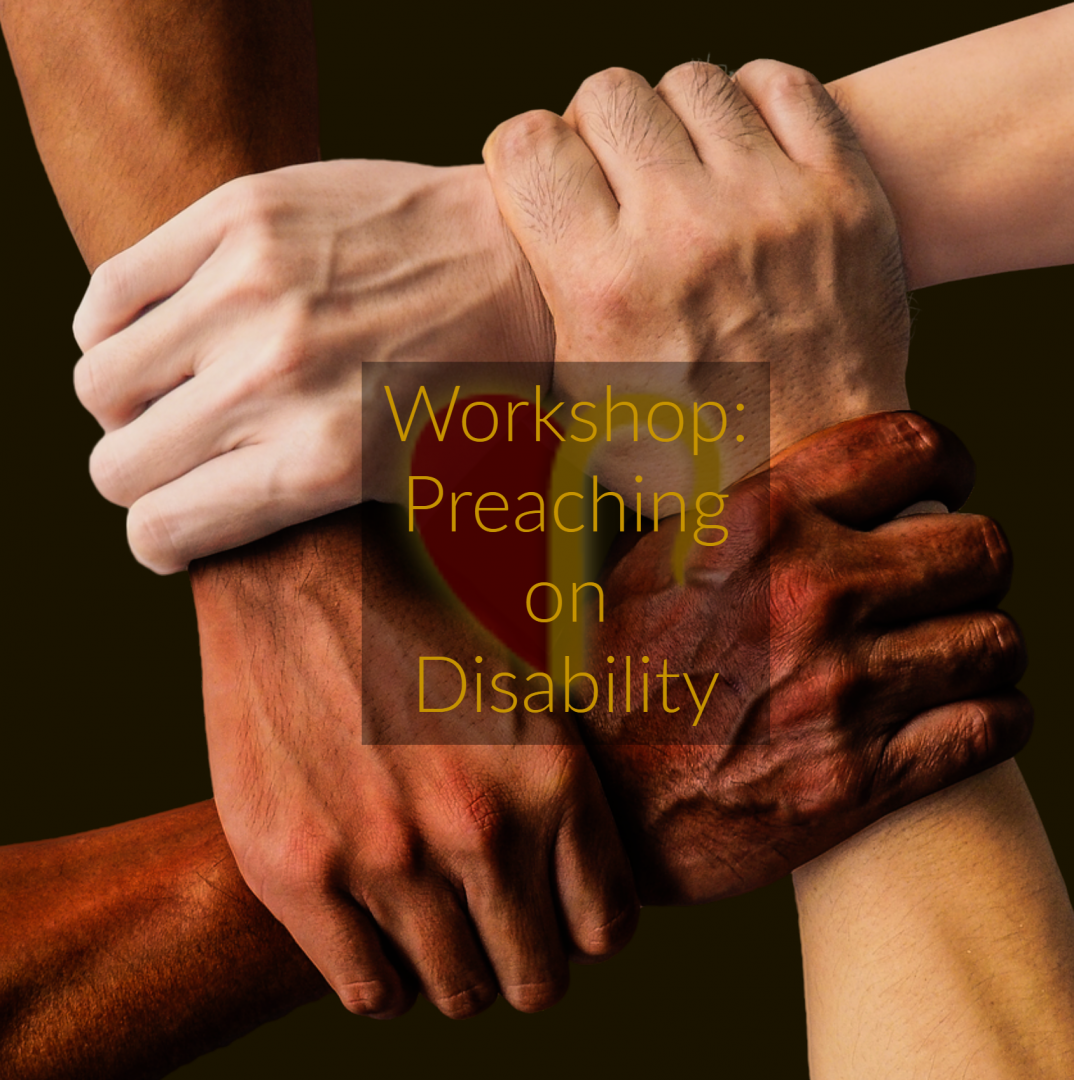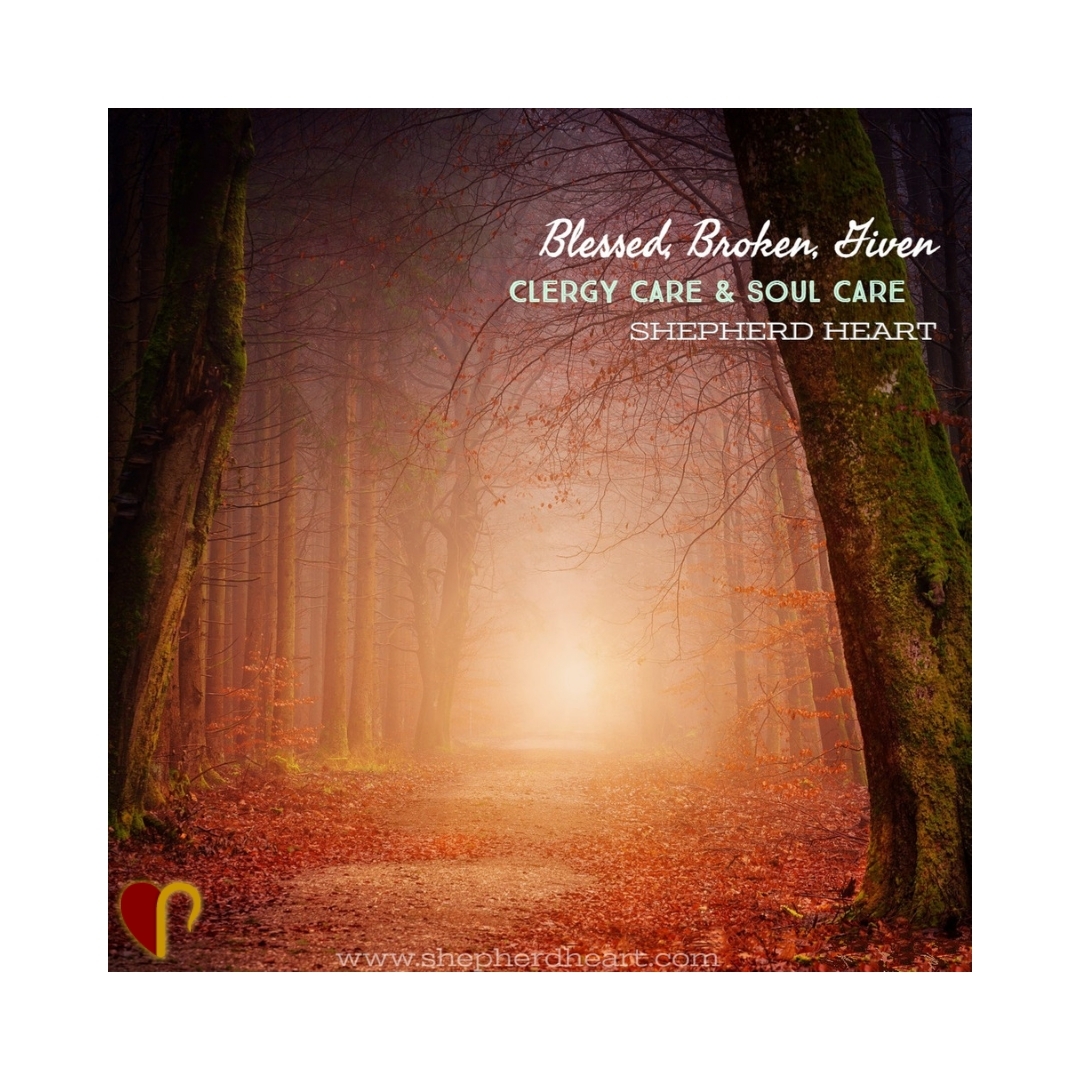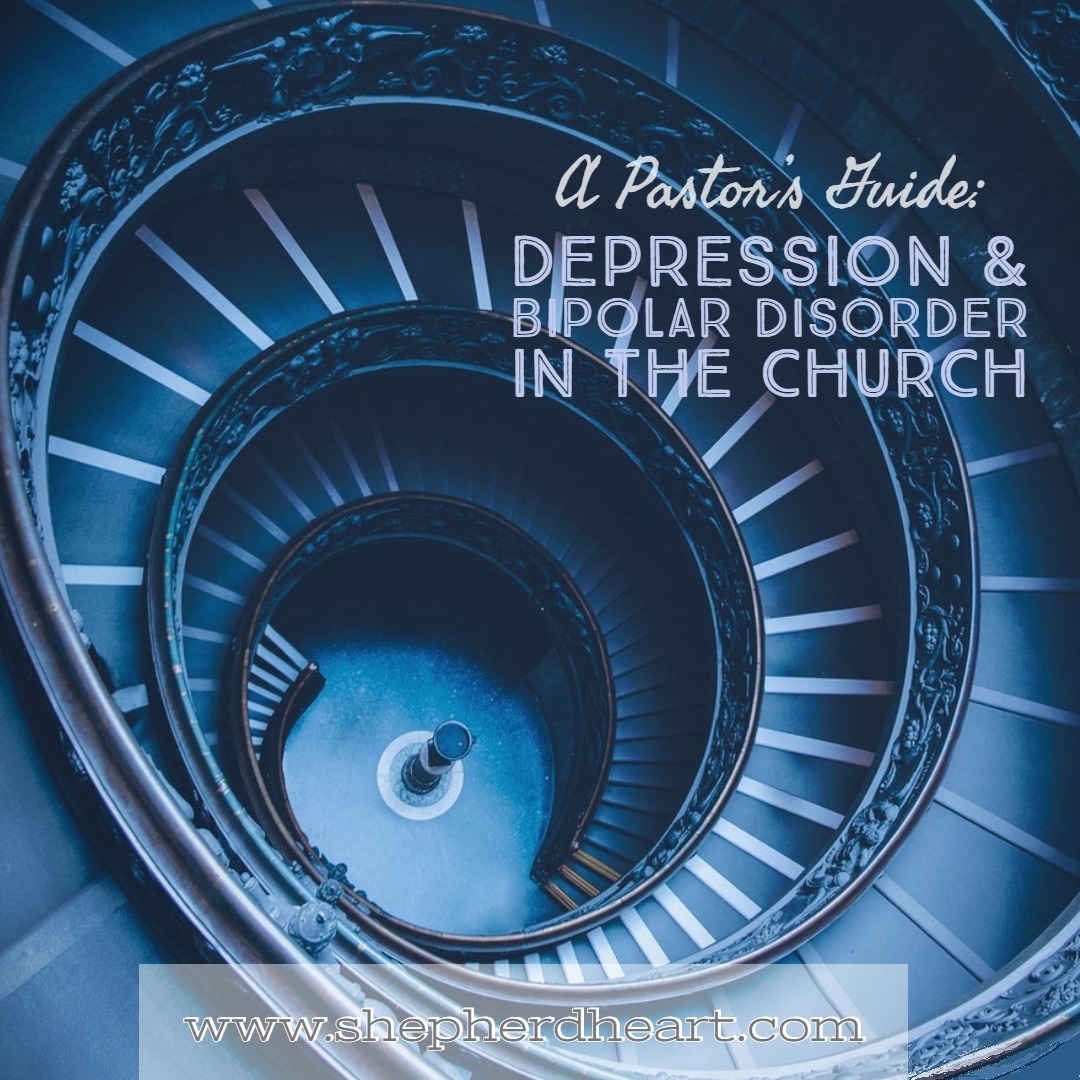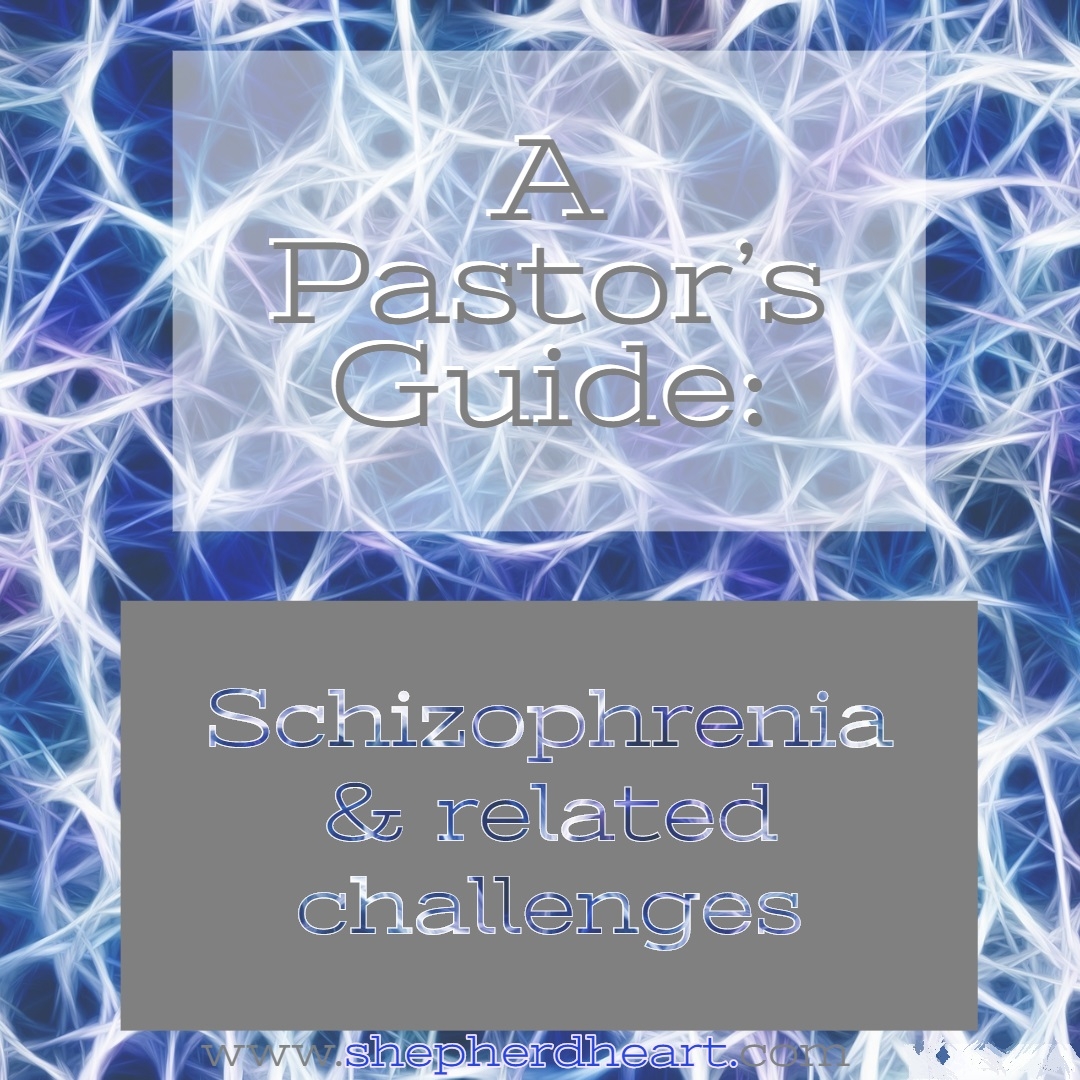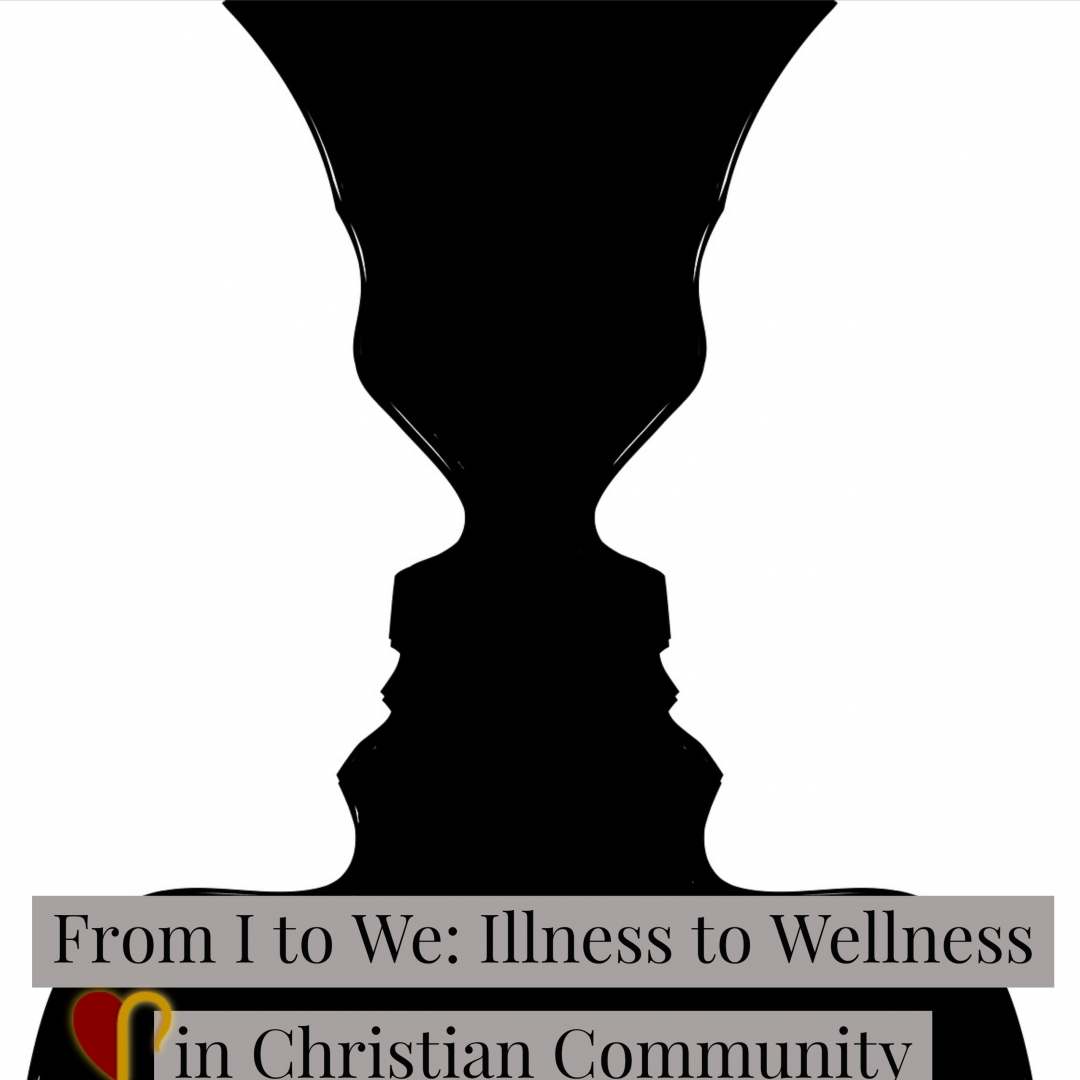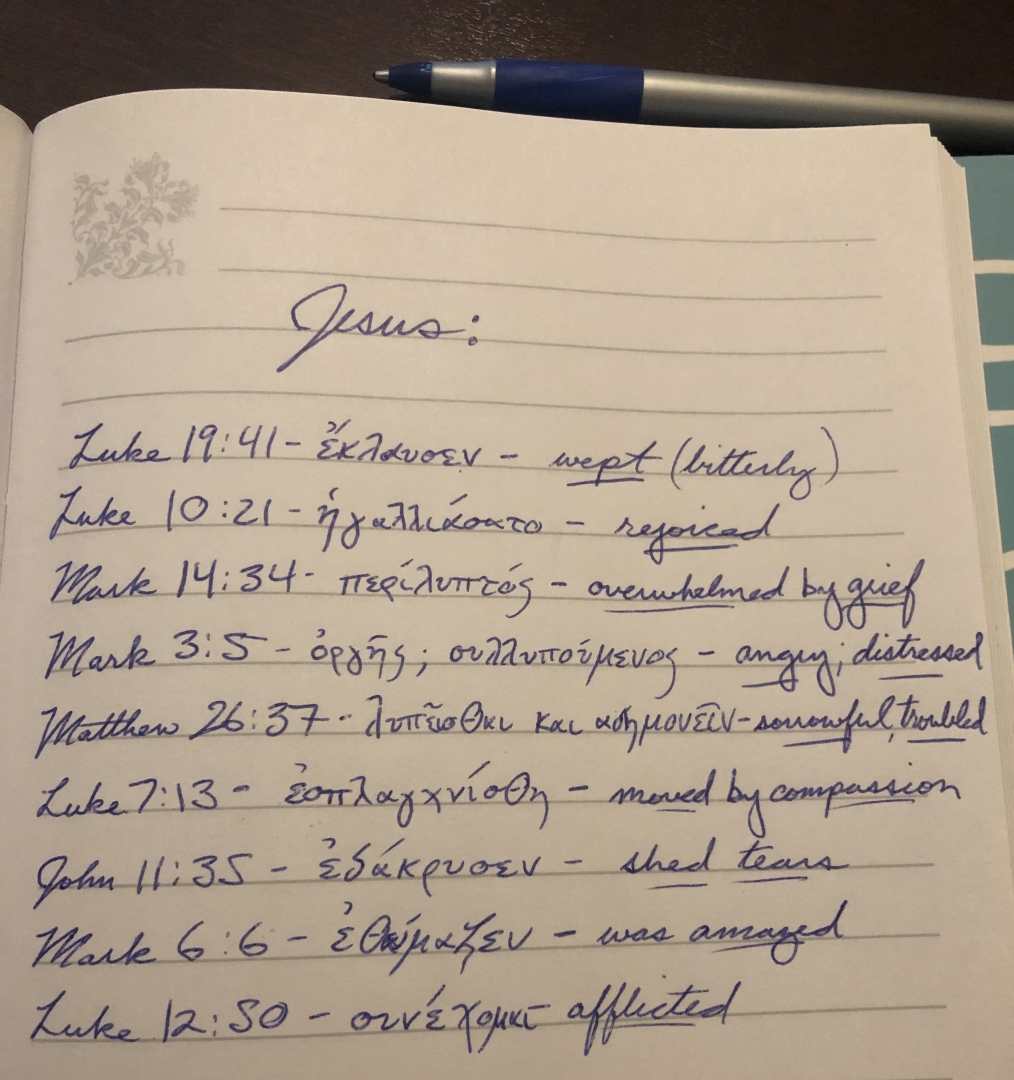Highly Sensitive Persons in Ministry
by Dan Schrock
Russ* is a talented pastor. His sermons, crafted on nuanced readings of the biblical texts, are creative. In worship, he’s brought a passion for visual and musical art. In pastoral care, he notices the subtle details of people’s lives and conveys a compassionate spirit. He’s conscientious about completing his responsibilities, works to avoid mistakes, and is punctual to all church meetings. Best of all, Russ monitors his emotional state to remain as healthy as possible in relation to others.
However, Russ also gets easily exhausted. He frequently feels frazzled and strung out, as if he simply has had too much.
Russ is a highly sensitive person, or HSP. High processing sensitivity is a trait first identified by psychologist Elaine N. Aron and is found in about 15-20% of the population, divided equally between women and men. This trait has four components, captured in the acronym DOES. Depth of processing (D) means that HSPs process external and internal information more deeply. Processing large amounts of data from the environment or from one’s body quickly leads to overstimulation (O) and exhaustion. The letter E stands both for emotional reactivity—having strong emotions—and for empathy—feeling compassion for others. Sensing the subtle (S) gives an HSP the ability to become aware of fine details such as the flavors of food, smells in the air, colors in a room, facial micro expressions, and so on. Processing these subtleties can be both rewarding and tiring. More information about Aron’s work on HSPs can be found here.
For anyone, the demands of pastoral ministry can be tiring. But for the HS pastor, chaplain, or counselor, ministry may be even more exhausting. If you are a HS minister, what strategies might help your emotional and spiritual health?
- Calm your senses.
Because HSPs are easily overwhelmed, it helps to reduce sensory input. For you, it might mean things such as avoiding outdoor festivals, choosing silence over noise or low lights over bright lights, or cutting back on caffeine.
- Recognize which situations exhaust you.
If you’re frazzled after shopping at big box retailers, what if you shop online? If air travel leaves you jangled, what mode of transportation takes less of a toll? If your neighborhood is perpetually noisy, could you move to a quieter one?
- Get enough sleep.
This is easier said than done, since HSPs paradoxically find it harder to sleep yet benefit from getting more sleep than the average person. Start by making sleep a priority.
- Take a weekly Sabbath.
Many ministers do not take a weekly, 24-hour Sabbath, but for HSPs it may be essential.
- Plan relaxing getaways.
Instead of going to high-energy conferences, retreats, or vacations, plan quieter getaways that restore your inner balance.
- Centering prayer.
Having a regular contemplative practice may help to release your cares.
- Read more about high processing sensitivity.
Books by Elaine Aron and Ted Zeff are particularly good.
- Celebrate the advantages of being an HSP.
The HS trait makes you a gifted, able, empathetic person.
*Names are fictionalized and used for illustrative purposes only.
HSP ministers can get ministry support through clergy care & soul care, or receive consultation through Shepherd Heart.
Take a look at upcoming events & ministries at Shepherd Heart. Share in the Shepherd Heart vision & mission.
If you support the vision and the mission of Shepherd Heart, you can give a gift to sustain its ministries.
Shepherd Heart is *not* a 501c3, and therefore gifts are not tax-deductible at this time. Your gifts of any amount are deeply appreciated.




